SUMMARY
This is AI generated summarization, which may have errors. For context, always refer to the full article.
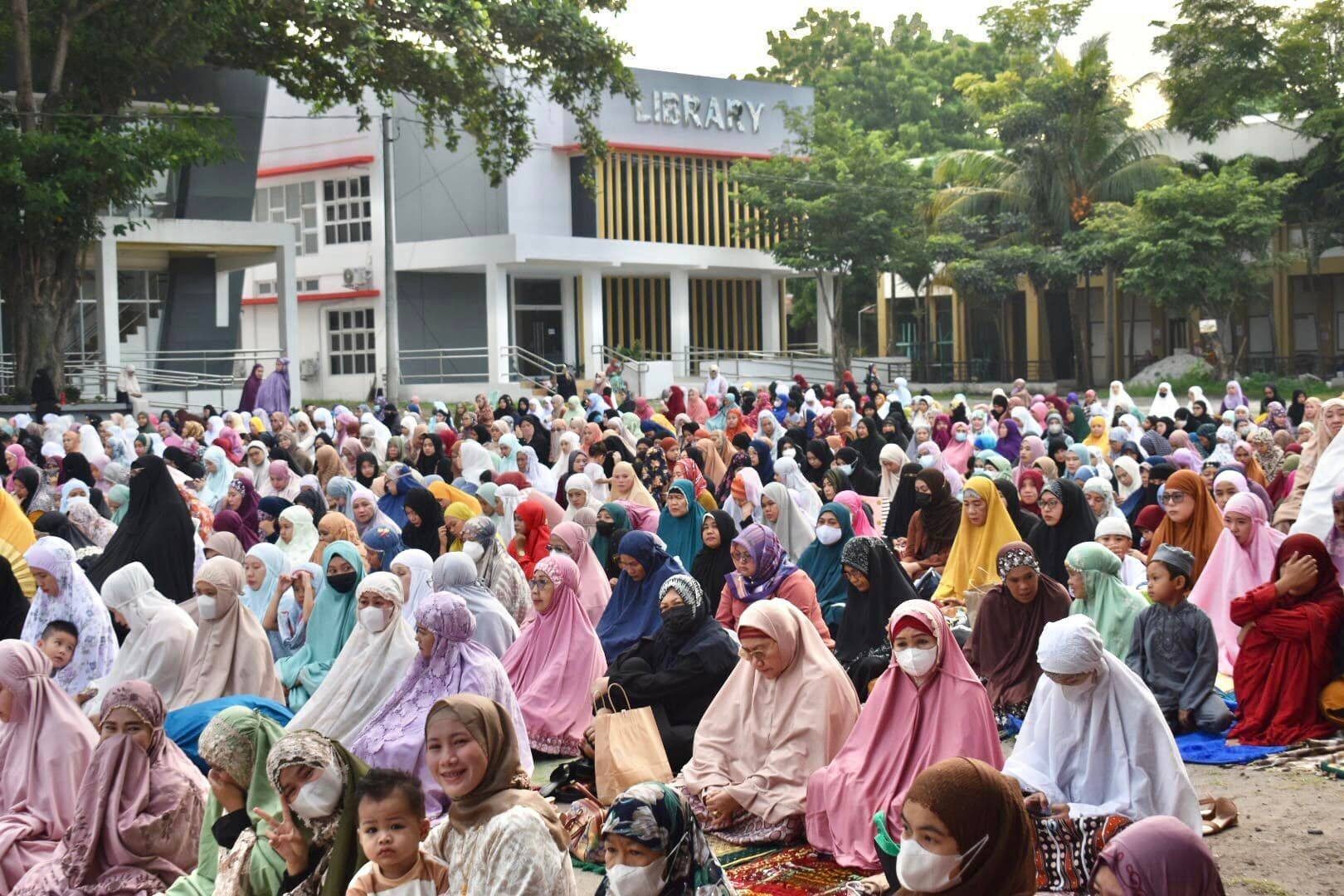
GENERAL SANTOS, Philippinea – Before sunrise and amid tight security, hundreds of Muslims with their children in tow and in their Islamic clothing gathered at the Mindanao State University High School campus in General Santos City for congregational prayers and chanting of takbir on Wednesday, June 28.
After the prayers, they shared food that they brought with them.
At the regional police headquarters in Barangay Tambler, Muslim policemen also gathered for the Eid’l Adha prayers at an open space near a mosque.
In a festive mood, animals were slaughtered and shared in Muslim neighborhoods throughout the city, a gesture of offerings called qurbani or udhiya, said Lorie Martin, a Muslim professor at MSU in General Santos.
Muslims see Eid’l Adha or the Feast of Sacrifice as a time to forgive and atone for sins, Martin said.
Martin pointed out that Eid’l Adha is one of the two most significant events in Islam, with Eid’l Fitr being the other one.
Eid’l Adha commemorates Prophet Ibrahim’s (Abraham) willingness to sacrifice his firstborn son, Ishmael, as an act of faith in God.
An important religious holiday, Eid’l Adha comes after the conclusion of the Islamic Hajj pilgrimage that takes place in the Islamic holy land of Mecca, Saudi Arabia.
Martin said one reason that many Muslims give importance to the feast, which is celebrated for three more days after the Eid – in this case, on Wednesday, June 28 – is the narration that “before the blood of a sacrificed animal hits the ground, your sins are already forgiven.”
Another belief is that with the sacrificed animals, say a goat, its number of hairs would be equivalent to the number of sins forgiven. “That is with a goat. How much more when it’s a cow that is slaughtered?” Martin said.
During Eid’l Adha – a Sunnah among Muslims – they slaughter animals like cattle, goat, or lamb, but never chicken or duck, and have their meat offered as qurbani or udhiya.
Sunnah is what prophets did in the old times, like Ibrahim when he was supposed to offer as sacrifice his son. But as Ibrahim was about to fulfill God’s command, which came in a dream, an angel appeared with a message that an animal be slaughtered instead of Ishmael.
Kutba is preceded by a congressional Eid prayer, where Muslims gather in an open field at sunrise.
With udhiya, Muslims go around to visit relatives and friends, usually to make amends and ask for forgiveness from those they have offended in the past, Martin said.
Martin said the celebration is a chance to ask for forgiveness and to forgive.
“You’ll be able to forgive everybody. Mas maganda ‘yung wala kang baggage na dinadala sa puso (It’s better for your heart to be free of any burdens),” he said.
For Genory Alfasain, a Muslim writer and blogger, the Eid celebration this year brings mixed feelings and a moment to remember his father and the teachings that were imparted to him. He lost his father a day before
“In past Eid celebrations, I prayed beside my father, and after the Eid prayer and kutba, he was always the first person I greeted,” Alfasain said.
He added, “Whenever he thinks I need it, he was there to remind me of Islamic teachings that left a lasting impact on my life.” – Rappler.com
Add a comment
How does this make you feel?

![[The Wide Shot] Peace be with China](https://www.rappler.com/tachyon/2024/07/wideshot-wps-catholic-church.jpg?resize=257%2C257&crop=311px%2C0px%2C720px%2C720px)
![[OPINION] A critique of the CBCP pastoral statement on divorce](https://www.rappler.com/tachyon/2024/07/TL-cbcp-divorce-statement-july-19-2024.jpg?resize=257%2C257&crop=285px%2C0px%2C722px%2C720px)
![[REFLECTION] Mary, Mother of the West Philippine Sea](https://www.rappler.com/tachyon/2024/07/may-mother-west-ph-sea-july-19-2024.jpg?resize=257%2C257&crop=293px%2C0px%2C751px%2C750px)
![[OPINION] Ignorance and prejudice](https://www.rappler.com/tachyon/2024/07/tl-ignorance-and-prejujdice.jpg?resize=257%2C257&crop_strategy=attention)


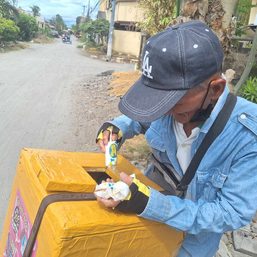
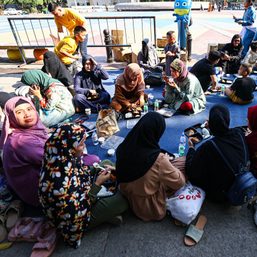
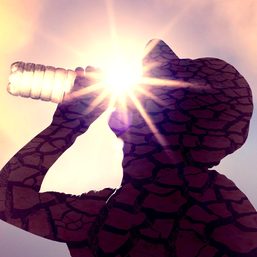



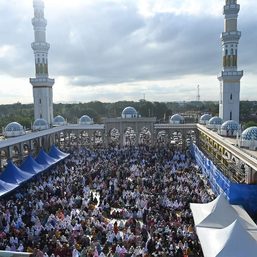





There are no comments yet. Add your comment to start the conversation.